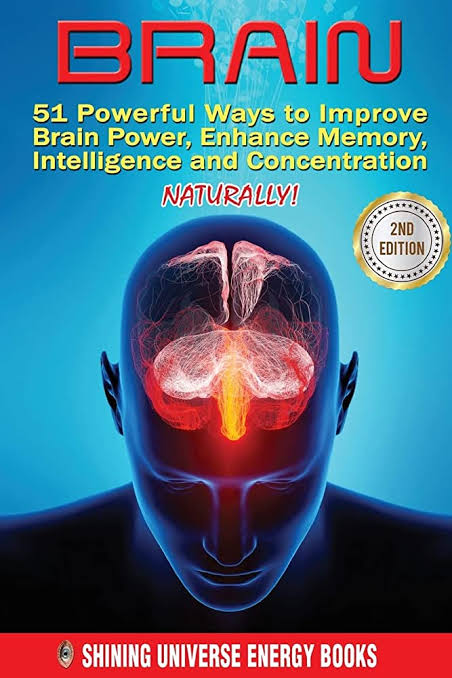Intelligence and memory power
The Latin word INTELLIGENTIA came into existence on the tongue of the Roman philosopher Cicero, who invented it, to literally mean the meaning of the Greek word NOUS, but the Latin word was the most common in modern European languages with the same image and form.. In both languages, English and French, it means INTELLIGENCE – and linguistically it means: mind. – INTELLECT and MIND – and UNDERSTANDING – and SAGACITY. This term was translated into Arabic at the beginning of Arab psychologists’ interest in this science in its modern scientific form with the word (intelligence).
Queens
This.. There has been a great development in the concepts of intelligence over many years that has continued until the present time among most of the leaders of the mental analogy movement – starting in the Middle Ages, when the theory of faculties was common, and its most famous advocates were the philosopher Augustine and the philosopher Thomas Aquinas.. This theory believes that The mind consists of a number of independent (powers) and (media) – such as the will (attention) that leads to the occurrence of various mental activities… The faculties remained a subject of controversy among philosophers about their nature and number, then this theory merged in the early nineteenth century with what is called Phrenology PHRENOLOGY.
Unified capacity
The modern concept of intelligence goes back to the English philosopher Herbert Spencer. He followed Aristotle and the Scottish school of philosophy – and recognized the existence of two aspects of mental life: the cognitive side and the emotional side – and the cognitive side includes: analytical processes on the one hand and synthetic processes on the other hand, and its basic function is Helping humans adapt to their changing environment in a more effective way.
What is the meaning of intelligence?
This is how the concepts of intelligence have developed and its standards have evolved – yet there is still the problem of defining the term.. What is intelligence? This belief became widespread, and as a result there was a saying stating that there is no agreement on the definition of the concept of intelligence in its scientific sense. Critics mention this incident, which is not devoid of humor. More than fifty years ago, the American magazine “Educational Psychology” conducted a famous poll, in which it directed: The magazine asked a large number of leaders of the mental analogy movement at that time asking to define the meaning of “intelligence.” The result was that the editor of the magazine received a number of different answers equal to the number of scientists who participated in the referendum. When reviewing most of the different answers that were received for this referendum, it became clear that They did not intend to define “intelligence” in the strict logical sense – rather, they were merely attempts to explain the “thing” – and not attempts to define the meaning of the “word” – and in addition, these “definitions” – include terms or boundaries without definition.
The most important procedural definitions of intelligence
Where the approved definition conditions were not met, such as the possibility of good communication, comprehensiveness, generality, and expression of the world of reality REFERENT, and the closest of these procedural definitions of intelligence, OPERATIONAL DEFINTION, is that proposed by the scientist “Buring” in 1923 – and which became the most common of them after that – where he says: “The Intelligence as a measurable potential must be defined from the beginning as the possibility of performing well in an intelligence test.” This phrase was summarized in the famous saying: “Intelligence is what intelligence tests measure.” These tests must, of course, meet the basic conditions, especially the condition of honesty. .

